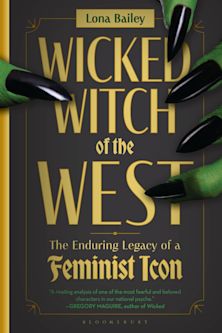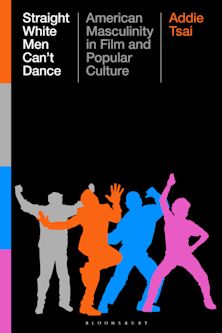Hip Hop and Social Change in Africa
Ni Wakati
Hip Hop and Social Change in Africa
Ni Wakati
This product is usually dispatched within 3 days
- Delivery and returns info
-
Free US delivery on orders $35 or over
Description
This book examines social change in Africa through the lens of hip hop music and culture. Artists engage their African communities in a variety of ways that confront established social structures, using coded language and symbols to inform, question, and challenge. Through lyrical expression, dance, and graffiti, hip hop is used to challenge social inequality and to push for social change. The study looks across Africa and explores how hip hop is being used in different places, spaces, and moments to foster change. In this edited work, authors from a wide range of fields, including history, sociology, African and African American studies, and political science explore the transformative impact that hip hop has had on African youth, who have in turn emerged to push for social change on the continent. The powerful moment in which those that want change decide to consciously and collectively take a stand is rooted in an awareness that has much to do with time. Therefore, the book centers on African hip hop around the context of “it’s time” for change, Ni Wakati.
Table of Contents
Part I: “Social Ills”: Coming from Behind the Microphone to Effect Reform in Africa
2. Hip-Hop Halisi: Continuities of Heroism on the African Political Landscape, Caroline Mose
3. Building Our Nation: Sénégalese Hip Hop Artists as Agents of Social and Political Change, Sheba Lo
4. Speaking Truth to Power: Hip-Hop and the African Awakening, Amentahru Wahlrab
Essay 1 English. “Malian Hip Hop: Social Engagement through Music,” Amkoullel L'enfant Peulh
Part II: “The Dusty Foot Philosopher”: Hip Hop Voices on Social Change in Africa
Essay 2. “How Hip Hop Impacts Social Change in Africa,” Malle Marxist
5. Redefining the Struggle: Remembering the Mau Mau through Hip-Hop Music, Mich Nyawalo
6. Khoi Hop: Hip Hop, Youth Activism and the Dilemma of Coloured Identity in South Africa, Shaheen Ariefdien and Rico Chapman
7. Beyond “Y'en a Marre”: Pikine's Hip Hop Youth Say “Enough is Enough” and Pave the Way for Continuous Social Change, Asl
Product details
| Published | May 23 2016 |
|---|---|
| Format | Paperback |
| Edition | 1st |
| Extent | 336 |
| ISBN | 9781498505802 |
| Imprint | Lexington Books |
| Illustrations | 20 b/w photos; |
| Dimensions | 9 x 6 inches |
| Publisher | Bloomsbury Publishing |
Reviews

ONLINE RESOURCES
Bloomsbury Collections
This book is available on Bloomsbury Collections where your library has access.


































